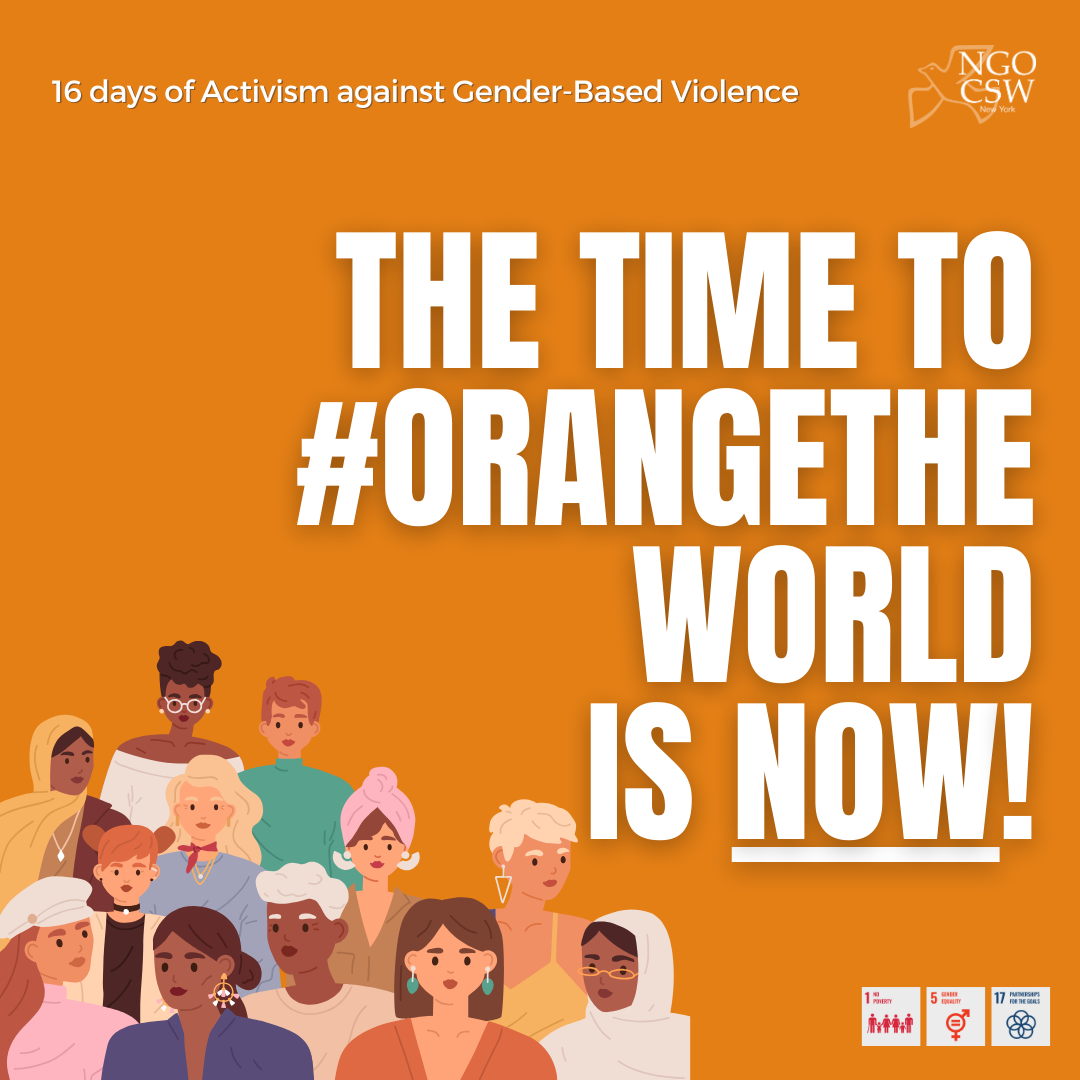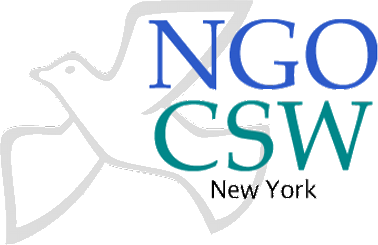
The United Nations Universal Declaration of Human Rights proclaimed that “freedom from fear” is the highest aspiration of the common people. But globally, poverty not only enables fear, it perpetuates it – particularly for women enduring domestic abuse.
Poverty is directly linked to and an overlooked consequence of domestic violence. The harsh reality is that for women worldwide, the poorer you are, the more at risk you are to experiencing domestic abuse.
For many women in domestic violence situations, freedom seems near impossible because of their socio-economic status. Financial dependance and coercion, eroded social safety nets, and inflexible, low-paying jobs all make it extremely difficult for women experiencing intimate partner violence (IPV) to leave their abusers. A crushing 97% of domestic abuse victims report that their abuser coercively controls their finances. One survivor bravely shared her story with the Guardian last month, explaining how her physically abusive ex-husband pinned “all loans, bills, and credit cars” to her name. “He had made me financially destitute. I couldn’t even afford the diesel to get to work.” In situations like this, feeling trapped is inevitable and devastating.


